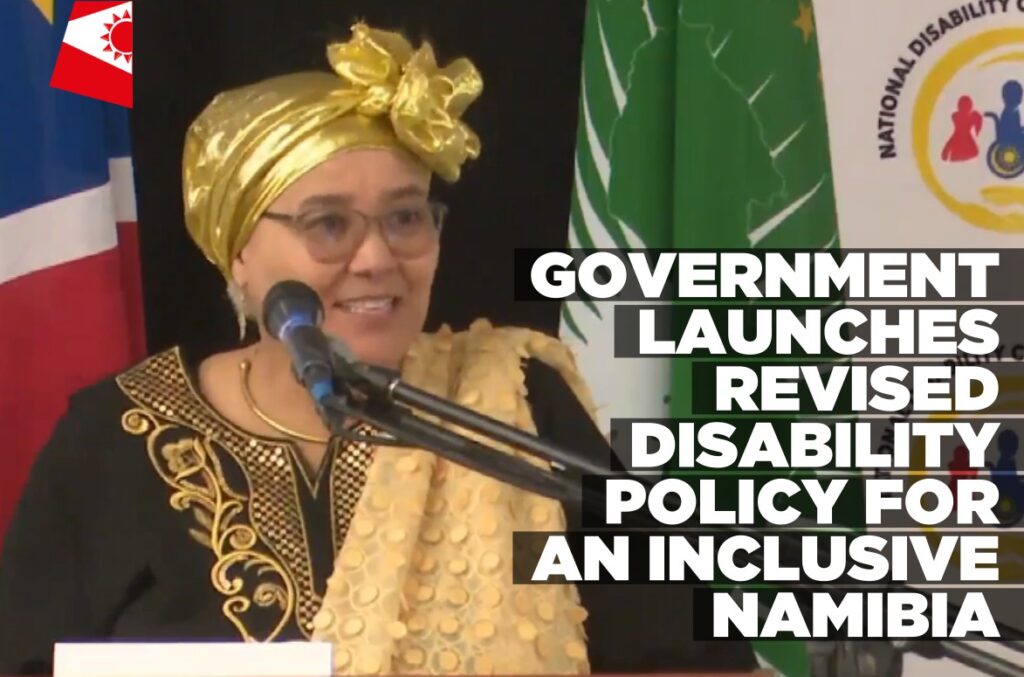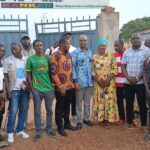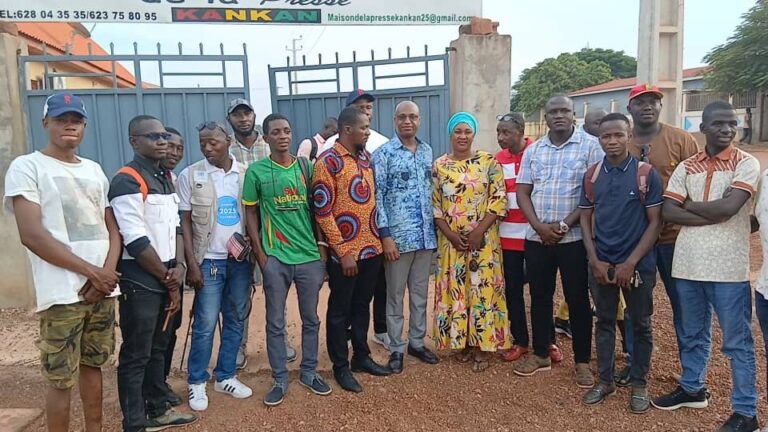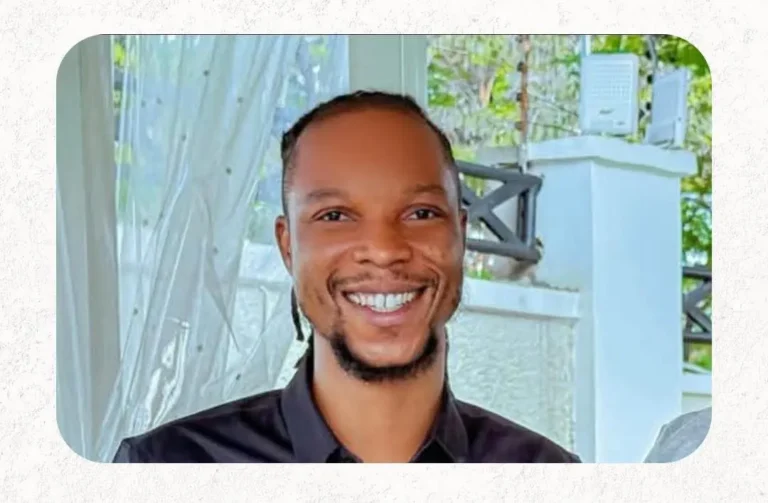
Staff Reporter
THE Namibian Government has officially launched the Revised National Policy on Disability for 2025–2035, alongside its Costed Implementation Plan, with the aim of improving inclusivity and accessibility for people with disabilities across the country.
“By embracing a rights-based approach, this policy ensures that persons with disabilities are no longer viewed as recipients of charity, but as active citizens, leaders, and contributors to the cause of our national development. This is not only a matter of social justice; it is a matter of economic and moral necessity,” Vice President Lucia Witbooi said while speaking at the launch.
She explained that the Revised National Policy on Disability for 2025–2035 replaces the 1997 policy, underscoring its intent to bridge gaps in access, participation, and protection from discrimination across all aspects of life.
“The revision of the 1997 policy was not merely a formality. It was a national dialogue involving persons with disabilities, their representative organisations, policymakers, service providers, and development partners. The process revealed key challenges that persons with disabilities continue to face, for example: limited access to education and employment, inadequate healthcare services, inaccessible infrastructure, and underrepresentation at decision-making levels,” Witbooi explained.
She highlighted that the policy will focus on several priority areas, including access to inclusive education at all levels, accessible healthcare and rehabilitation services, barrier-free infrastructure and transport, and inclusive disaster risk management. Additionally, the policy aims to empower organisations representing people with disabilities and their caregivers, promote inclusive representation in decision-making processes, and strengthen the capacity of the disability sector.
“The launch of this revised policy today is not the end of the process but the beginning of a new era of partnership and accountability. The Government cannot walk this path alone,” Witbooi said.
She emphasised that successful implementation will require the active participation of all sectors: ministries, regional and local authorities, the private sector, academia, civil society, and persons with disabilities themselves.
“As we move forward, let us remember that disability inclusion is not a favour; it is a fundamental part of human development. When we make our schools accessible, we educate every child. When we make our workplaces inclusive, we grow our economy. When we make our towns barrier-free, we build a Namibia for all. Every ramp, every sign language interpreter, every accessible document, and every inclusive policy is a step toward realising the Namibia we all want to see,” Witbooi added.










